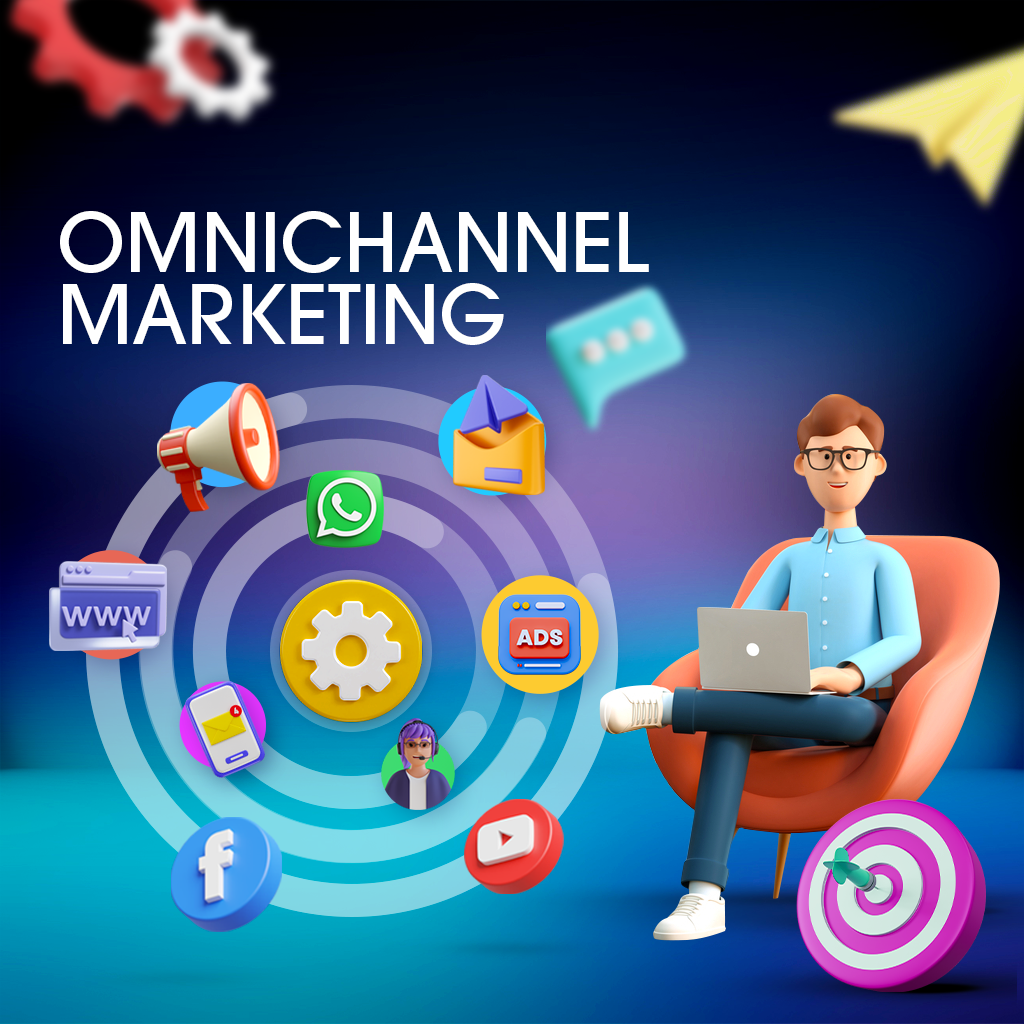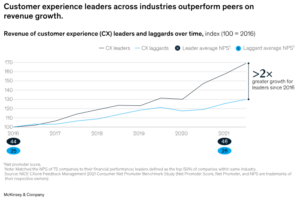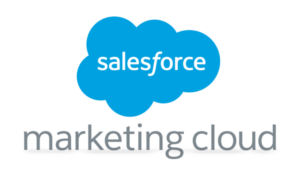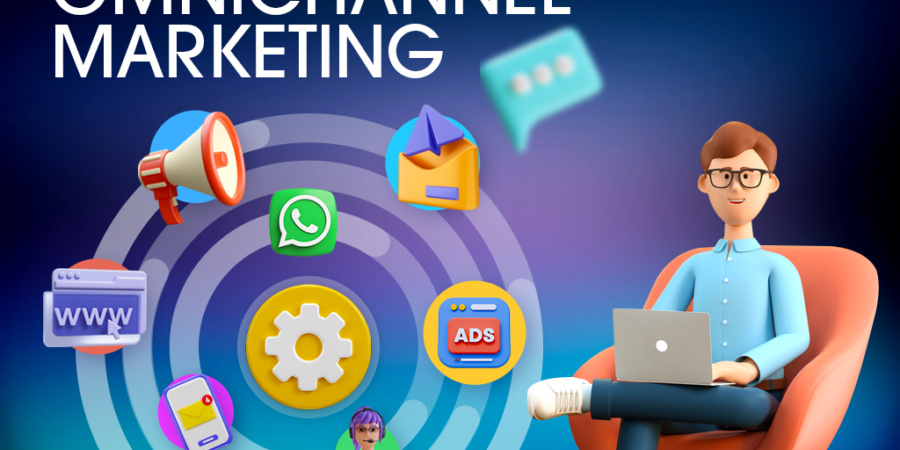Omnichannel Marketing in the pharma industry
Omnichannel Marketing in the Pharma Industry: The Key to a Successful Communication Strategy

Omnichannel marketing has become necessary in an industry as dynamic and sensitive as healthcare. Healthcare and pharmaceutical companies must adjust to a reality where healthcare professionals expect personalized, consistent, and engaging communications, regardless of the channel used.
What is Omnichannel Marketing in the Pharmaceutical industry?
Omnichannel Marketing in the pharmaceutical industry is a holistic approach to communication and engagement that integrates various digital, traditional, and personal channels to deliver a seamless and personalized experience to healthcare professionals (HCPs). Unlike the traditional multi-channel strategy, which operates in silos, omnichannel marketing ensures that all channels are interconnected. The aim is to seamlessly and consistently integrate all points of contact with healthcare professionals, whether digital or physical. This includes newsletters (REP trigger email or HQ emailing), online advertising (ADS), SMS, WhatsApp, and face-to-face or remote visits using digital media such as e-ADVs. The aim is to create a unified, personalized experience for each HCP, providing consistent messaging and engagement across all platforms.
Omnichannel Marketing VS Multichannel Marketing
The major difference between omnichannel marketing and multichannel marketing lies in the cohesion and integration of contact points. Multichannel marketing uses several independent channels to reach customers, whereas omnichannel marketing integrates these channels to offer a unified customer experience. For example, a healthcare professional could receive consistent information about a drug via face-to-face visits, emails, webinars, and social media platforms, all integrated to provide a seamless message.
Omnichannel Marketing: The Perfect Match
Omnichannel marketing is the ultimate integration and coordination. Using advanced tools, data from multiple sources can be collected, analyzed, and used to deliver a fully integrated user experience. Omnichannel automation systems analyze interactions across different channels and adapt the message and content in real-time to ensure consistency and relevance. For example, if a healthcare professional shows a particular interest in a specific treatment during a webinar, the system can then send them personalized emails, push notifications and recommendations for relevant content on social networks, creating a smooth and personalized customer journey.
Omnichannel Marketing: The Importance of Customer Experience in the Pharma Industry
In the highly regulated pharmaceutical industry, the focus has always been on medical, legal, and regulatory compliance and the dissemination of information. However, with the advent of digital transformation, there is a growing emphasis on improving the customer experience. Providing a better customer experience helps to promote better understanding and adherence to the products and services on offer.
A McKinsey study reveals that companies that focus on the customer experience see a 20-30% increase in engagement and a 10-15% increase in loyalty rates. This study demonstrates the importance of implementing customer-centric strategies to remain competitive and relevant in the industry.

How to create a Consistent Customer Experience through Omnichannel Pharma Marketing?
To create a seamless customer experience, it is crucial to adopt a healthcare professional-centric approach. Here are the main steps and techniques:
Mapping the HCP Customer Journey
Identifying all possible contact points and interactions with Health Care Professionals (HCPs) is the essential first step. This enables us to understand their needs and expectations, and the times when they are most receptive to communications. Customer journey mapping should include touch points such as face-to-face visits, emails, phone calls, webinars and social media interactions.
Workflow automation
Automating communication workflows makes it possible to effectively manage and orchestrate interactions across different channels. Automation tools, such as marketing automation platforms, facilitate the synchronization of messages and offers, ensuring a fluid and consistent experience for HCPs. These tools can also personalize communications based on user behaviors and preferences.
For example, an automated flow might send information about a new drug after a website visit, followed by an email reminder, and end with an invitation to a webinar. These flows ensure that each interaction is relevant and timely.
Data Analysis and Monitoring
Data analysis is a key step in continuously improving marketing strategies. By collecting and analyzing real-time data on HCP interactions, companies can identify trends, behaviors, and opportunities for improvement. This analysis enables ongoing campaigns to be fine-tuned, communications to be further personalized, and overall marketing effectiveness to be optimized.
Omnichannel Marketing Best Practices in Healthcare
By integrating these best practices, pharmaceutical and healthcare companies can not only improve their interactions with HCPs but also maximize the effectiveness of their marketing campaigns and ensure better regulatory compliance:
Personalization and segmentation
Personalization is essential for creating relevant messages and engaging HCPs effectively. Use demographic, behavioral and transactional data to segment the audience and tailor communications accordingly.
Multi-channel platforms
Incorporate multi-channel platforms such as Prez Manager to manage and synchronize interactions across multiple channels, such as email, mobile applications, social networks, and face-to-face or remote visits. These tools enable you to centralize data, track performance and coordinate marketing campaigns more effectively.
Marketing Automation
Personalized marketing is a growing trend. Thanks to data analysis and machine learning algorithms, pharmaceutical companies will be able to provide content and services that are specifically tailored to each customer’s needs and preferences. Marketing automation will also make it possible to manage and optimize these campaigns on a large scale, while maintaining a high level of personalization.
Using automation tools to create automated workflows that send personalized messages based on user actions, such as opening an email or visiting a website. This helps to maintain engagement without overloading marketing teams. Here are some automation tools:

Salesforce Marketing Cloud
- Journey Builder: Design personalized customer journeys, with messages sent according to behavior and preferences.
- Social Studio: Automatic planning and publication of posts on social networks based on engagement data.
- Predictive Intelligence: Recommending products or content based on users’ past behaviour.

- Personalization: Using customer data to personalize messages and offers across all channels.
- Real-Time Interaction Management: Managing interactions in real-time to deliver relevant customer experiences at the right time.
- Dynamic Content: Creation of dynamic content for more engaging and personalized messages.
WhatsApp Chatbots implementation
Chatbots and virtual assistants will play a key role in improving the customer experience. By integrating these technologies into their omnichannel marketing strategies, pharmaceutical companies will be able to provide instant answers to customer queries, offer 24/7 support and guide users through their purchasing journey.
Chatbots, particularly those on instant messaging platforms such as WhatsApp, play a crucial role in omnichannel marketing. They can provide instant, personalized responses to HCP questions, improving engagement and satisfaction. Chatbots can also collect valuable data on interactions, which can be used to refine and improve future campaigns.
Compliance and regulations
Ensure that all communications comply with the regulations in force, particularly in terms of data confidentiality and medical advertising. Use solutions like Prez Manager, which incorporates compliance checking modules to ensure that your campaigns comply with legal and ethical standards.
Data security
Data security is a crucial concern in the pharmaceutical sector. Due to the sensitive nature of this industry, continuous efforts are made to ensure the confidentiality of customer data, to protect pharmaceutical companies from regulatory breaches and patients from harm.
In the coming years, we will see increased use of blockchain technology to ensure data confidentiality in the omnichannel communication of large pharmaceutical companies. This technology will make it possible to secure information exchanges, reducing the risks of hacking and leakage of sensitive data.
With technology constantly evolving, it’s clear that omnichannel marketing for Big Pharma will continue to transform. As new technologies and trends emerge, new changes are on the horizon to keep Big Pharma relevant and effective.
In conclusion, omnichannel marketing in pharma is in a state of flux. Technological advances, data security, artificial intelligence, virtual engagement, and personalized marketing are key factors in the future strategies of Big Pharma. Adapting and embracing these trends will enable the industry to remain competitive and meet growing consumer expectations.
A pharmaceutical company can use a marketing automation platform to collect data from different touch points. By integrating this data into a CRM, it can segment HCPs based on their past interactions and preferences. Then, using machine learning algorithms, the company can personalize campaigns in real-time, ensuring that each HCP receives the most relevant message via the most appropriate channel.


